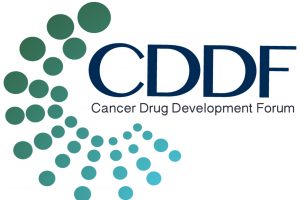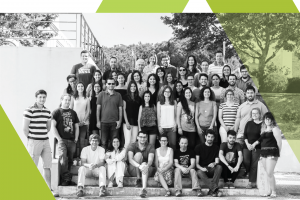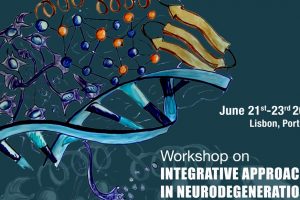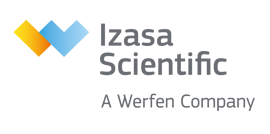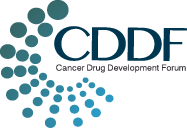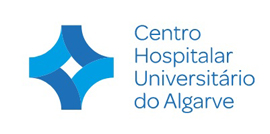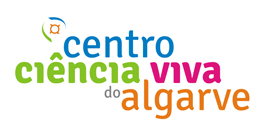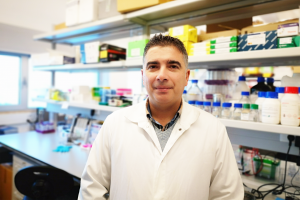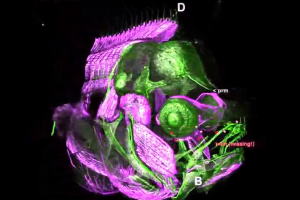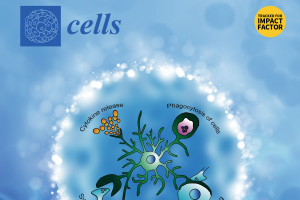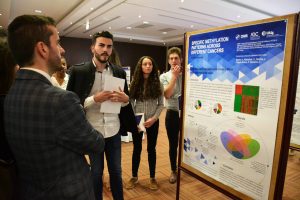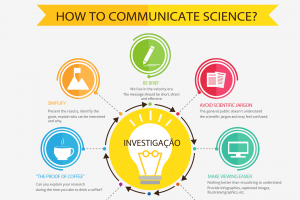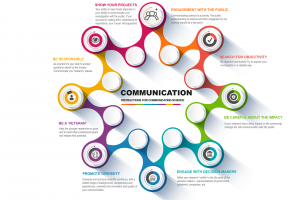This is an international investigation, led by Henrique Girão of the Faculty of Medicine of Coimbra, “allowed to discover how to induce the formation of new blood vessels in the heart, using exosomes produced by cells in culture”, announced the University of Coimbra (UC), In a note sent today to the Lusa agency.
Funded by the Foundation for Science and Technology (FCT) and European funds, this study was attended by researchers from the Center for the Study of Chronic Diseases (CEDOC) at the University of Nova de Lisboa, the Institute of Molecular Medicine (IMM), the Imperial College London and the Faculty of Medicine – University of Geneva.
This unique and innovative breakthrough may now pave the way for “innovative therapeutic approaches in the treatment of cardiovascular disease”, UC emphasized.
Exosomas, “small signaling vesicles that allow communication and sharing of information between cells, organs and tissues”, can be found in “most biological fluids, including blood, urine and saliva”, a circumstance that has received much attention from Scientists, given its “tremendous therapeutic and diagnostic potential”.
In this study, the researchers demonstrated that “the ‘content’ of these small vesicles varies with the conditions to which the heart is subjected”, and “the information conveyed by the exosomes is determined by stimuli, or damage, induced in the heart, as is the case of ischemia, which leads to myocardial infarction”.
With this information, the team of specialists “discovered that exosomes released by ischemic heart muscle cells have the ability to release signals that promote the growth of new blood vessels in the heart”.
Cardiac muscle cells “when they are no longer properly fed, due to deprivation of nutrients and oxygen due to obstruction of a blood vessel, issue requests for help in order to stimulate the growth of new blood vessels that can compensate those that are Blocked or dysfunctional, allowing restoration of blood circulation and cardiac function, “says Henrique Girão, quoted by UC.
Experts have thus begun by “identifying the type of message that is emitted by cardiac muscle cells when exposed to adverse conditions”.
Then, adds the UC Medical School investigator, they have been shown to be “rich exosomes in certain regulatory molecules, called miRNA, those responsible for inducing the mechanisms that lead to the growth of new blood vessels, in a process called angiogenesis”.
Tests carried out in the same study with laboratory mice, with the use of intracardiac injection of exosomes released by the damaged cells, allowed to verify that after one month, the hearts of the animals under treatment had more blood vessels and Had an improvement in cardiac function.
This great finding, already published in the journal Cardiovascular Research, may open the door to innovative therapeutic approaches to treat heart disease caused by vascular dysfunction such as myocardial infarction, the leading cause of morbidity and mortality throughout the world. The world” said Henrique Girão.





